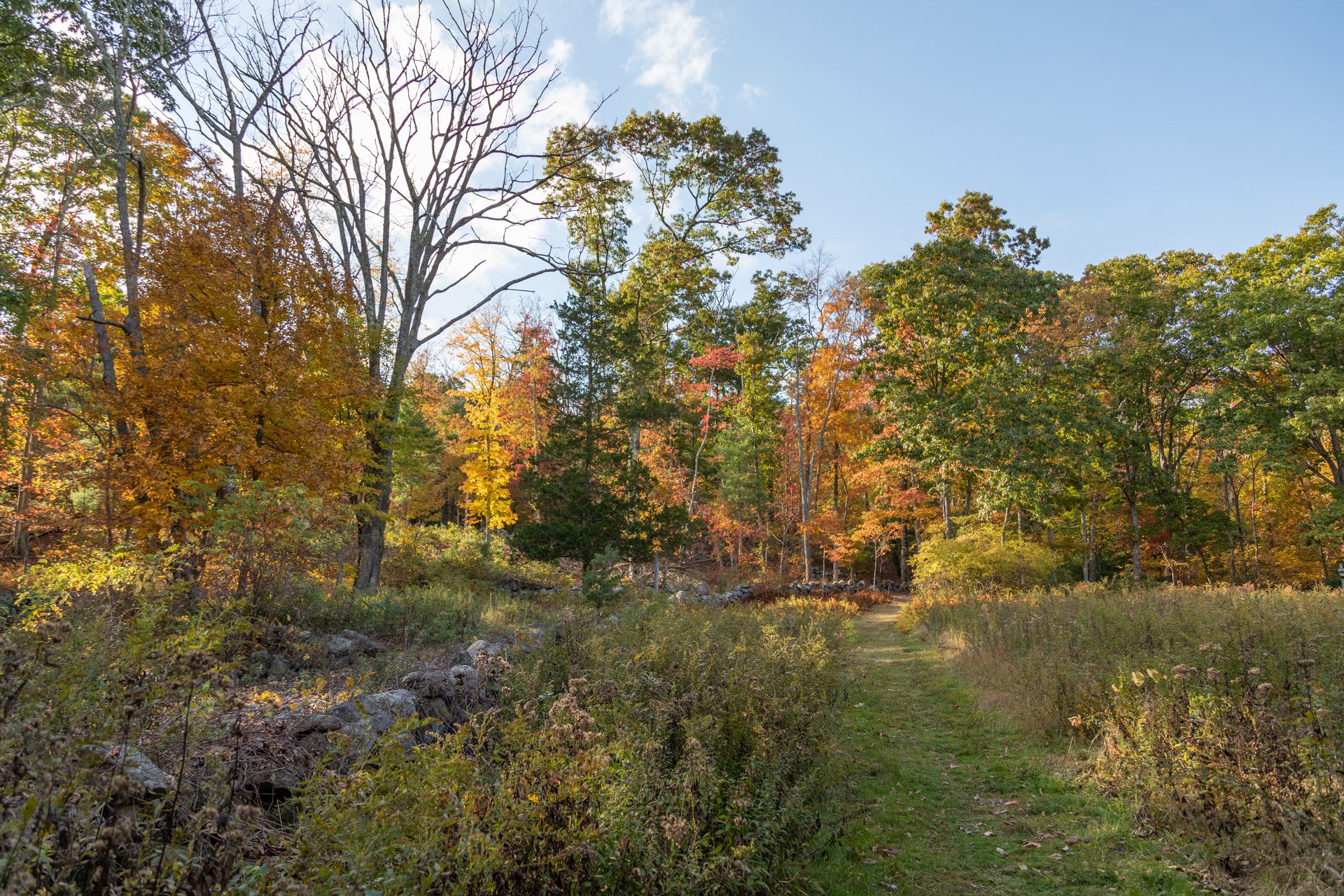Programs & Activities at Moose Hill
Programs for Groups at Moose Hill
Scout Programs
Moose Hill offers programs for all levels of Girl Scouts and Boy Scouts. Our qualified educators are available to lead your group to explore the diverse habitats of the wildlife sanctuary and cover many natural history topics.
We can design a program to fulfill the requirements of a specific badge. Scouts and leaders both enjoy our indoor overnight program that includes a naturalist-led night hike and morning badge program. Self-guided hikes can also be arranged. Ask us about opportunities for Eagle or Gold Award projects.
Learn more about scout programs
Facility Rentals
Moose Hill offers a unique, natural setting—indoors or outdoors—for your next meeting, workshops, small conference, or community gathering. Learn more about facility rentals



